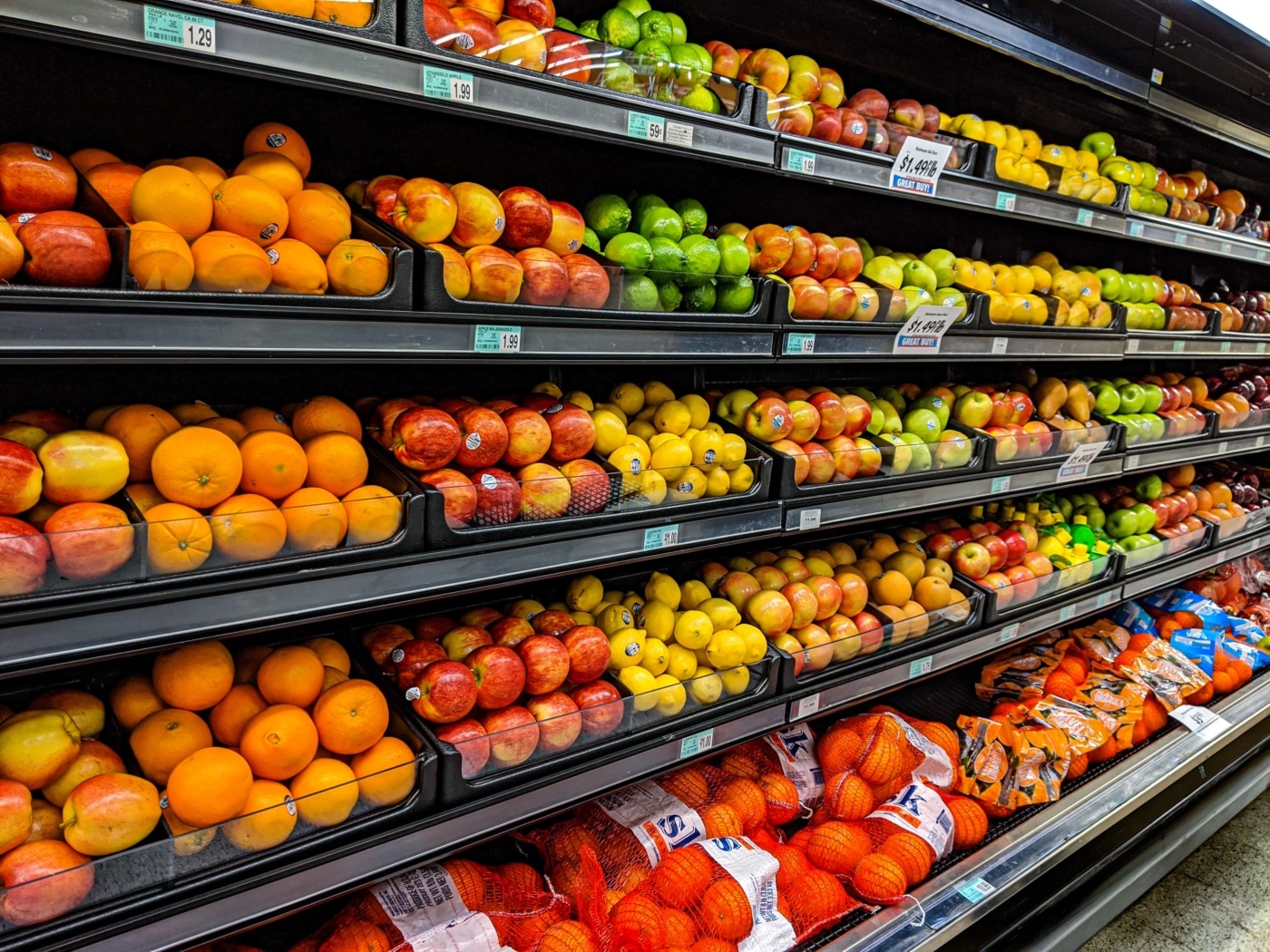How to reduce your food waste
As students are becoming increasingly concerned about the impact of individual actions on our planet, we must question the impact of our food wastage and consider the ways in which we can reduce this problem.
Food waste comes from retailers, food service providers and consumers, amounting to approximately 15 million tonnes per year in the UK alone.
Our massive food wastage has an inescapable impact on our planet
When food is wasted, all of the resources (including water, land, energy and labour) that were used in its production also go to waste. Furthermore, the disposal of food waste in landfill results in greenhouse gas emissions, which contribute to the acceleration of global warming. All of these factors are contributing to climate change. Our massive food wastage has an inescapable impact on our planet.
During the coronavirus pandemic, increasing numbers of people have called for a global wake-up on the need to innovate and rebalance the way in which our food is produced and consumed. This has been amplified by the UN, which is spearheading a campaign to: “Stop food loss and waste. For the people. For the planet.”
The actions that we all take as individuals, within our flats or houses at university, can also make a vital difference
Many people argue that governments and cooperations should be responsible for implementing change. However, it is clear the actions that we all take as individuals, within our flats or houses at university, can also make a vital difference. Could you consider making small changes to your food shopping, cooking and eating habits, in support of our planet?
A how-to guide on ways to reduce your food waste at university:
Planning your meals:
A planning template takes seconds to make and is perfect for outlining your meals for the week. You don’t have to be a whiz at excel and create a spreadsheet, you can even just use a table on a Word document. Planning ahead makes your shop easier, ensures you don’t waste money on things you won’t eat and means you never have a last minute panic of having no food left to make meals. Have you ever walked into your kitchen and thought to yourself: “what on earth am I going to eat?” Or even worse: “oh no the mushrooms are out of date!” If you plan ahead, you’re not only helping to save the planet but you’re also making life much easier for yourself!
Buying only what you need
We’re all guilty of sometimes getting excited when shopping and buying too much, myself included. However, trying to prevent yourself from impulse buying will certainly decrease the amount of food that goes to waste. Make a list and stick to it. You’re reducing your food wastage but you’re also saving money.
Store food wisely
It’s easy to leave food items in the back of our cupboards or fridge and forget about them, until discovering them after their use-by date. I recommend moving older products to the front and new ones to the back. This way, you’ll always have products within their use-by and best-before date.
Love your leftovers
When cooking, our eyes are often bigger than our stomachs. If you’re cooking something like pasta and there is too much left over, don’t throw it away. Instead, put it in a re-usable container and store in the fridge or in the freezer. The vast majority of food items can be refrigerated and consumed as your next meal instead. Maybe, use these ingredients for another meal. For example, left over Bolognese mince can be used in a chilli or a taco – the choice is as endless as your imagination.
Your freezer is your best friend
I was recently reminded of how useful it is to freeze food, when I had three bananas left which were starting to go brown. Rather than throwing them away, I chopped them up and put them in a reusable container in the freezer. I then blended them with other frozen fruits and milk a couple of days later and made a delicious and healthy smoothie. BBC Good Food recipes is great to discover what to do with leftover food!
Focus on the benefits
Like with all things we do to tackle climate change, it is important to focus on the benefits. You’re not just reducing your waste for the environment and to make your footprint greener, but you’re saving money and eating delicious food. These changes take minimal effort to implement, but can have a significant positive impact – both for you and for the planet.

Comments